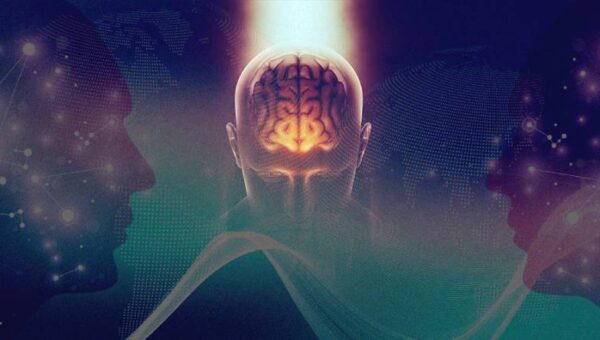YouTube is developing an artificial intelligence (AI) tool that will enable creators to record audio in the voices of famous musicians. While specific details are limited, YouTube has initiated discussions with major music labels, including Sony Music Entertainment, Universal Music Group, and Warner Music Group, to secure the rights to songs for training the AI tool.
This move by YouTube follows the recent banning of a viral AI-generated song featuring realistic-sounding versions of Drake and The Weeknd. The use of AI in music has sparked debates about copyright and licensing, especially when it involves mimicking real artists. YouTube is addressing these challenges by incorporating emerging technology. The company previously established its “first-ever set of AI music principles” to balance creative expression and artist protection on its platform. Now, it is introducing AI-generated mimicry as a new feature.
Several questions arise with this development. It remains to be seen how YouTube will set limits on the content that can be generated using this AI tool. Additionally, the monetization process is a key consideration. While artists will share in the revenue generated by AI videos mimicking their voices, the specifics of this revenue split are yet to be determined. There are also concerns about artist recourse if the content generated involves their songs with a message they personally disagree with.
YouTube has a history of integrating AI, having recently introduced AI video tools for creators that enable automatic dubbing into other languages, automatic background generation, and AI video summaries for viewers. The new AI feature for replicating artists’ voices was initially intended to be part of this rollout, but rights issues have caused delays.
Disclaimer: The views, suggestions, and opinions expressed here are the sole responsibility of the experts. No Sandiego Currents journalist was involved in the writing and production of this article.




